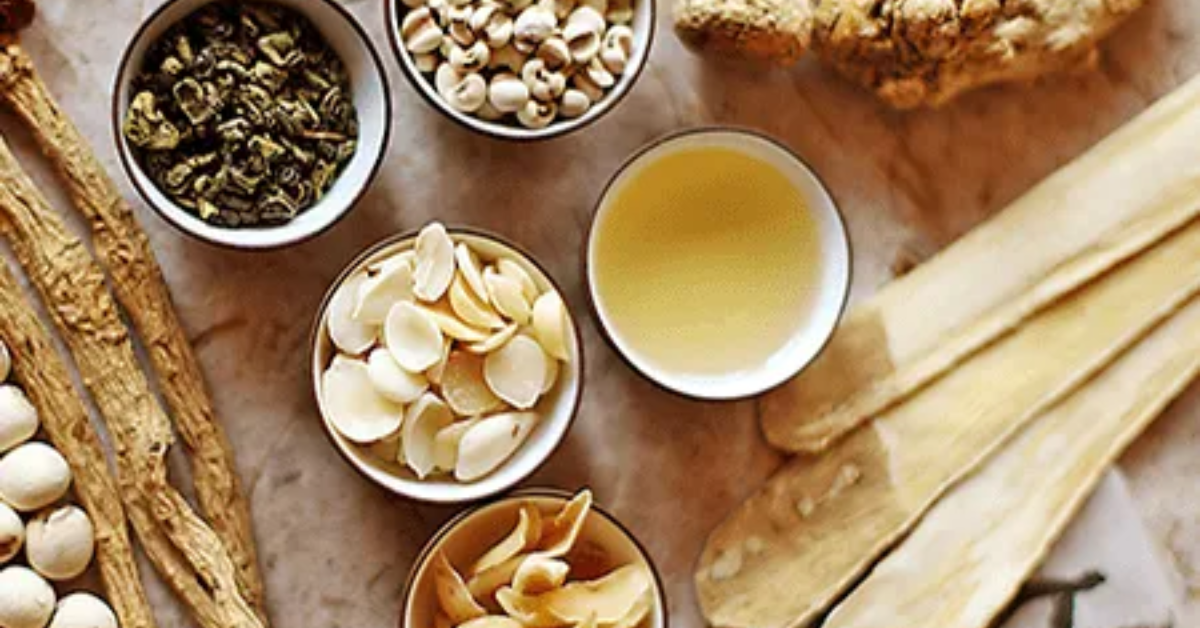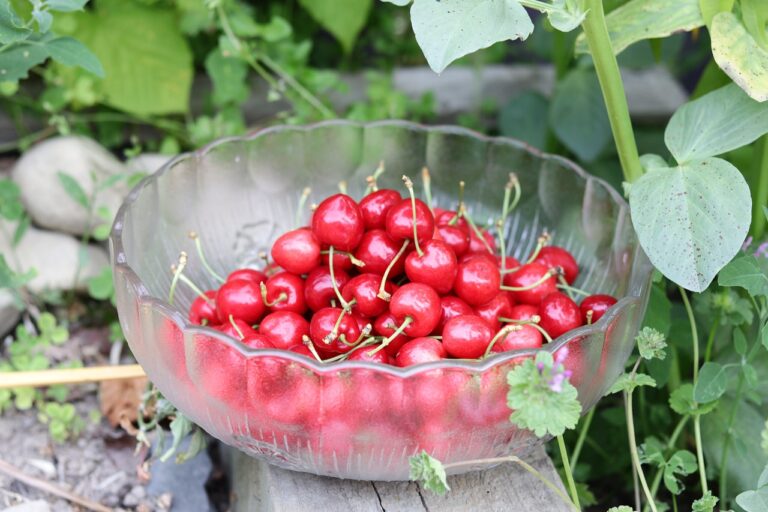Traditional Chinese Medicine (TCM) in Singapore: A Comprehensive Guide
Traditional Chinese Medicine (TCM) has been practiced for thousands of years, originating from ancient China and spreading across the world. In Singapore, TCM has gained significant popularity due to its holistic approach to health, focusing on balancing the body’s energy, or Qi, and promoting overall well-being. This article delves into the principles of TCM Singapore, its various treatments, benefits, and its growing role in modern-day healthcare in Singapore.
Understanding TCM: The Core Principles
At the heart of TCM is the belief in the balance between the body, mind, and spirit. TCM emphasizes the importance of harmony in all aspects of life, and this philosophy is reflected in its practices. The key principles of TCM are:
-
Qi (Vital Energy): Qi is the vital life force that flows through the body. It is responsible for maintaining health and vitality. When Qi is balanced and flowing freely, the body functions optimally. However, when Qi is blocked or deficient, illness can arise. TCM seeks to restore the balance of Qi through various treatments.
-
Yin and Yang: These two complementary forces are central to TCM. Yin represents the cooling, passive, and nurturing aspects, while Yang represents the active, warming, and energizing forces. Health in TCM is achieved when there is a balance between Yin and Yang. An imbalance, such as excess Yang or deficient Yin, can lead to disease.
-
The Five Elements: TCM views the body as a microcosm of the natural world, with five elements—Wood, Fire, Earth, Metal, and Water—each associated with specific organs and functions. These elements are interconnected, and imbalances between them can lead to health issues.
-
Meridians: Meridians are pathways through which Qi flows in the body. There are 12 main meridians, each connected to specific organs. By stimulating certain points along these meridians, TCM practitioners can restore the flow of Qi and promote healing.
Common TCM Treatments
TCM offers a variety of treatments that address both the physical and emotional aspects of health. The most common treatments in TCM include:
-
Acupuncture: One of the most well-known TCM treatments, acupuncture involves inserting fine needles into specific points along the meridians. This stimulates the flow of Qi and helps to restore balance in the body. Acupuncture is commonly used to treat pain, stress, digestive issues, and a wide range of other conditions.
-
Herbal Medicine: TCM herbal medicine uses natural plant-based substances to treat a variety of ailments. Herbs are carefully selected based on the individual’s condition, and a customized herbal formula is prescribed. Common herbs include ginseng, ginger, and goji berries, which are known for their healing properties.
-
Cupping Therapy: Cupping therapy involves placing special cups on the skin and creating a vacuum. This draws blood to the surface and is believed to help with pain relief, improve circulation, and promote detoxification. Cupping is often used to treat respiratory issues, muscle pain, and fatigue.
-
Moxibustion: Moxibustion involves the burning of mugwort, an herb, near specific acupuncture points. The heat generated by the burning herb is believed to stimulate the flow of Qi and improve circulation. Moxibustion is commonly used to treat conditions such as cold, fatigue, and digestive issues.
-
Tuina (Therapeutic Massage): Tuina is a form of Chinese therapeutic massage that combines kneading, rolling, and pressing techniques to improve circulation, relieve muscle tension, and balance Qi. It is often used in conjunction with acupuncture or herbal treatments.
-
Qigong and Tai Chi: These are mind-body exercises that combine slow, deliberate movements with deep breathing techniques. Qigong and Tai Chi are practiced to promote the flow of Qi, improve physical health, and reduce stress. These exercises are suitable for people of all ages and can be done as a preventive measure for overall well-being.
The Benefits of TCM
The benefits of TCM are wide-ranging, and its holistic approach to health makes it effective for treating both acute and chronic conditions. Some of the key benefits of TCM include:
-
Pain Relief: TCM treatments such as acupuncture, cupping, and Tuina are effective for relieving pain, especially for conditions like arthritis, migraines, back pain, and muscle soreness. These therapies work by improving circulation and restoring the flow of Qi to the affected area.
-
Stress Reduction: TCM places a strong emphasis on the mind-body connection, and many of its treatments help to reduce stress and anxiety. Acupuncture, herbal medicine, and practices like Tai Chi and Qigong can help calm the nervous system and promote mental clarity and relaxation.
-
Improved Digestion: TCM recognizes the importance of digestive health in overall well-being. Herbal remedies, acupuncture, and dietary adjustments are commonly used to treat digestive disorders such as bloating, constipation, acid reflux, and indigestion.
-
Boosted Immunity: TCM treatments are often used to strengthen the body’s immune system. Herbs like astragalus and ginseng are known for their immune-boosting properties, while acupuncture can help enhance the body’s natural defense mechanisms.
-
Detoxification: Many TCM therapies, such as cupping and herbal medicine, are used to help detoxify the body by improving circulation and promoting the elimination of waste products. This can lead to increased energy levels, clearer skin, and overall vitality.
-
Chronic Conditions: TCM is particularly effective for treating chronic conditions that are not easily addressed by conventional medicine. These include conditions like chronic pain, insomnia, asthma, allergies, and hormonal imbalances. By addressing the root cause of the condition and restoring balance to the body, TCM can offer long-term relief.
TCM in Modern-Day Singapore
In recent years, Traditional Chinese Medicine has become increasingly popular in Singapore, with many people turning to TCM practitioners for alternative or complementary treatments. The country’s healthcare system recognizes the importance of integrating TCM with Western medicine, and TCM is now commonly used alongside conventional treatments for conditions such as pain management, fertility, and stress relief.
TCM clinics and wellness centers can be found throughout Singapore, with experienced practitioners offering a wide range of services, including acupuncture, herbal consultations, and massage therapies. Many TCM practitioners also work alongside conventional medical doctors to provide a holistic approach to healthcare.
The Singaporean government has also taken steps to regulate TCM practices to ensure patient safety and quality of care. The Traditional Chinese Medicine Practitioners Board (TCMPB) was established to oversee the licensing and regulation of TCM practitioners, ensuring that they meet the required standards of practice.
Frequently Asked Questions (FAQ) about TCM in Singapore
-
Is TCM safe? Yes, TCM is generally considered safe when practiced by qualified practitioners. However, it is essential to seek treatment from licensed professionals to ensure safety and efficacy.
-
How long does it take to see results from TCM treatments? The length of time required to see results depends on the individual and the condition being treated. Some people experience immediate relief, while others may require several sessions before noticing significant improvements.
-
Can TCM be used alongside Western medicine? Yes, TCM is often used in conjunction with Western medicine. Many people use TCM as a complementary treatment to manage conditions such as pain, stress, and digestive issues. It is important to inform your doctor if you are undergoing TCM treatment.
-
What types of conditions can be treated with TCM? TCM can be used to treat a wide range of conditions, including chronic pain, digestive disorders, stress, insomnia, respiratory issues, and hormonal imbalances. It is also effective for promoting general wellness and preventing illness.
-
Is TCM covered by insurance in Singapore? Some health insurance plans in Singapore may cover TCM treatments, but this varies depending on the provider. It is advisable to check with your insurance company for specific details regarding coverage for TCM services.
-
How do I find a qualified TCM practitioner in Singapore? To find a qualified TCM practitioner, look for practitioners who are licensed by the Traditional Chinese Medicine Practitioners Board (TCMPB). You can also ask for recommendations from friends or family members who have had positive experiences with TCM.
Conclusion
Traditional Chinese Medicine offers a holistic and effective approach to health, with a focus on balancing the body’s energy, promoting healing, and enhancing overall well-being. In Singapore, TCM is becoming an increasingly popular choice for those seeking alternative or complementary therapies for a wide range of conditions. By combining ancient wisdom with modern techniques, TCM continues to play a vital role in supporting health and wellness in the modern world. Whether you’re seeking relief from chronic pain, stress, or digestive issues, TCM may provide the solution you need to achieve balance and vitality.







